
Healthy living
Use our expert advice and recommendations to live your best life every day.
Get startedBy clicking a retailer link you consent to third-party cookies that track your onward journey. This enables W? to receive an affiliate commission if you make a purchase, which supports our mission to be the UK's consumer champion.
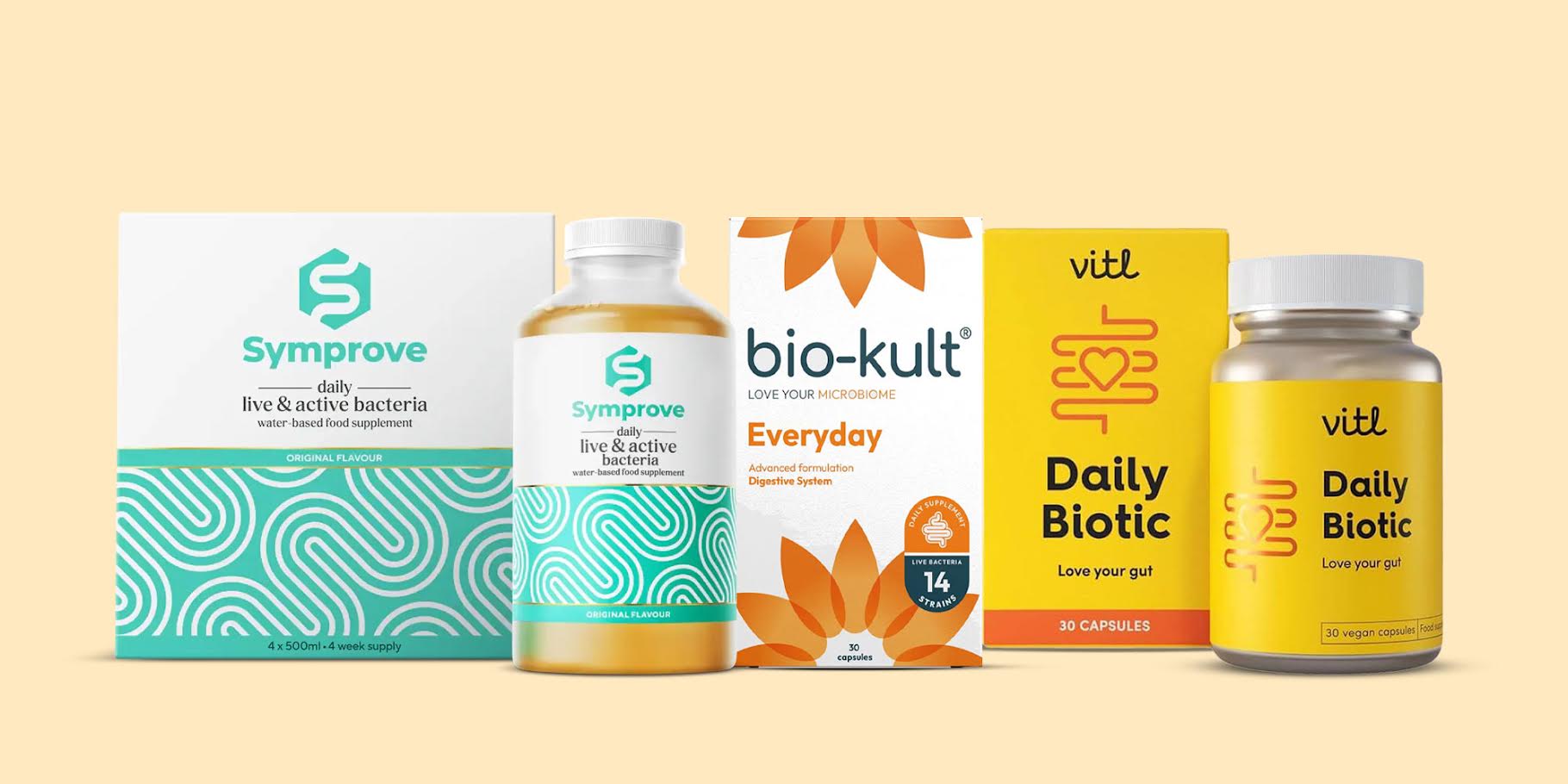
Supplements containing live 'friendly' bacteria, known to many as probiotics, can help to support your digestive health and beyond.
Gut health science is still in its early stages, and lifestyle and dietary changes are key, but supplementing with some bacterial strains does show promise for specific conditions.
To help you find the supplements back by science, our dietary and nutrition experts have reviewed 25 popular probiotic supplements, digging deep into the available evidence for each strain of bacteria.
We've interrogated the quality of research, looking for positive outcomes in human trials that make it more likely the results will translate to real-life effects.
Some expensive probiotic supplements don't live up to the price tag, while some more modest options are good all-rounders worth considering.
How we find you the best probiotics
Quality of bacteria included
Are the strains of probiotic included proprietary or filler strains?
Evidence for included bacteria
We assessed the quality of available research on the individual strains in the product.
Evidence for overall product
We also check if there is research on the effectiveness of the product as a whole and rate the quality of this research
Outcomes
Does the existing evidence show positive outcomes for users
Only logged-in Which? members can view our full probiotic supplement reviews.
Join Which? to get instant access to our test results and Best Buy recommendations below and to see our Great Value pick.
| Probiotic supplements | Cost per daily dose | Research on individual strains | Research on formulation | Evidence of positive outcomes |
|---|---|---|---|---|
Sign up to reveal Get instant access to this and all our scores and recommendations Unlock tableDigital £8.99 per month, cancel any time. Already a member? Log in | Y | Y | Y | |
| N | Y | Y | ||
| Y | Y | Y | ||
| Y | N | Some | ||
| Y | N | Some | ||
| Y | N | N | ||
| N | N | N | ||
| Y | N | Some | ||
| N | N | N | ||
| N | N | N | ||
| N | N | N | ||
| N | N | N | ||
| N | N | N | ||
| N | N | N | ||
| N | N | N |
Sign up to reveal
Get instant access to this and all our scores and recommendations
Unlock tableDigital £8.99 per month, cancel any time.
Already a member? Log in
Date assessed: October 2025. Page last checked: October 2025. We are not able to show every retailer and cheaper prices may be available.
A selection of popular probiotic supplements included in our assessment are listed in alphabetical order below.
Only logged-in Which? members can view the best probiotic supplements and see our full reviews.
Join Which? to get instant access to our test results and Best Buy recommendations.
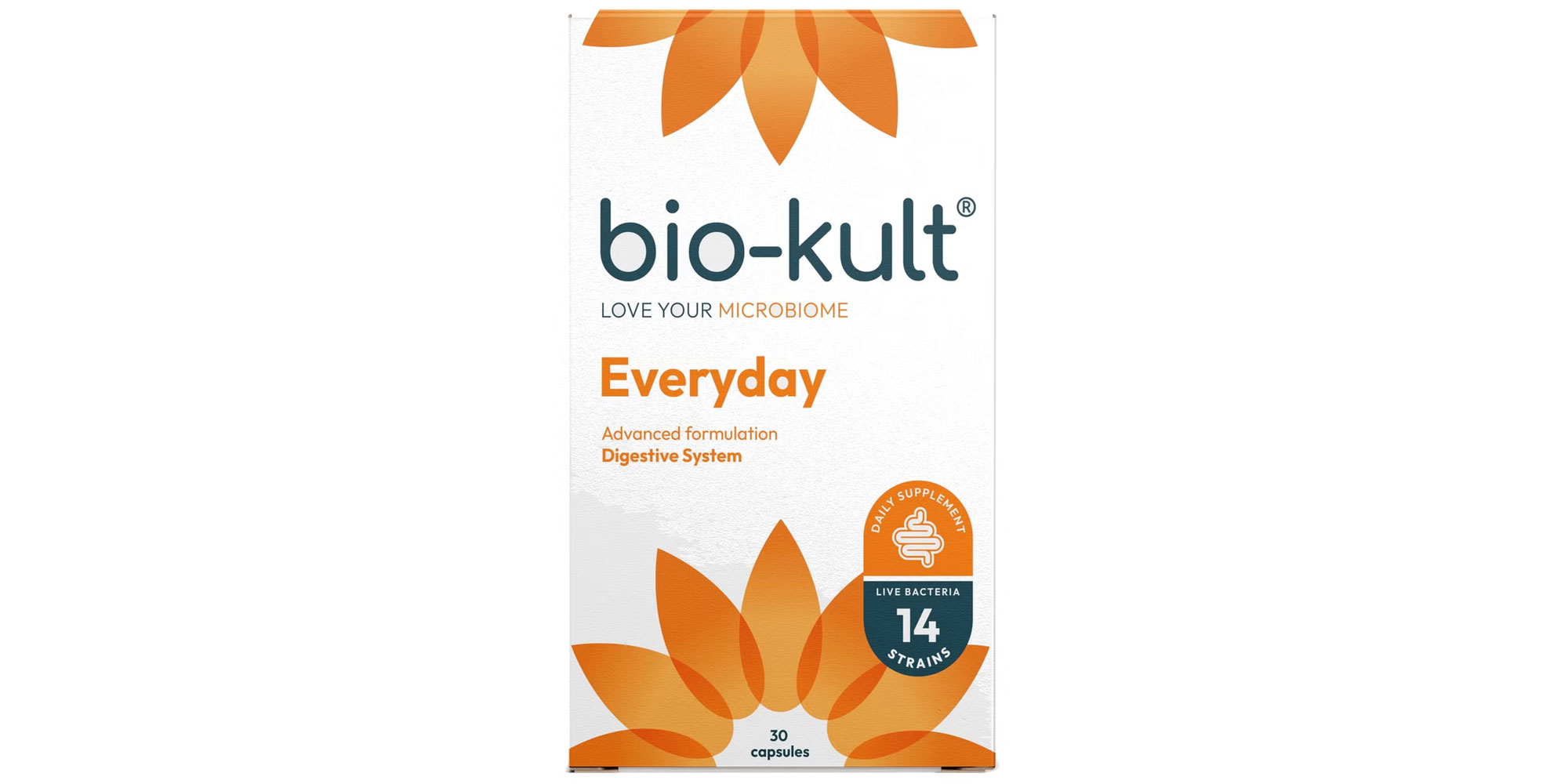
Our verdict Log in or join Which? to instantly reveal
Available from Bio-Kult (£10.48 for 30), Boots (£11.10 for 30), Holland & Barrett (£11 for 30)
Cost per daily dose 35p-£1.40 based on a dose of one to four capsules
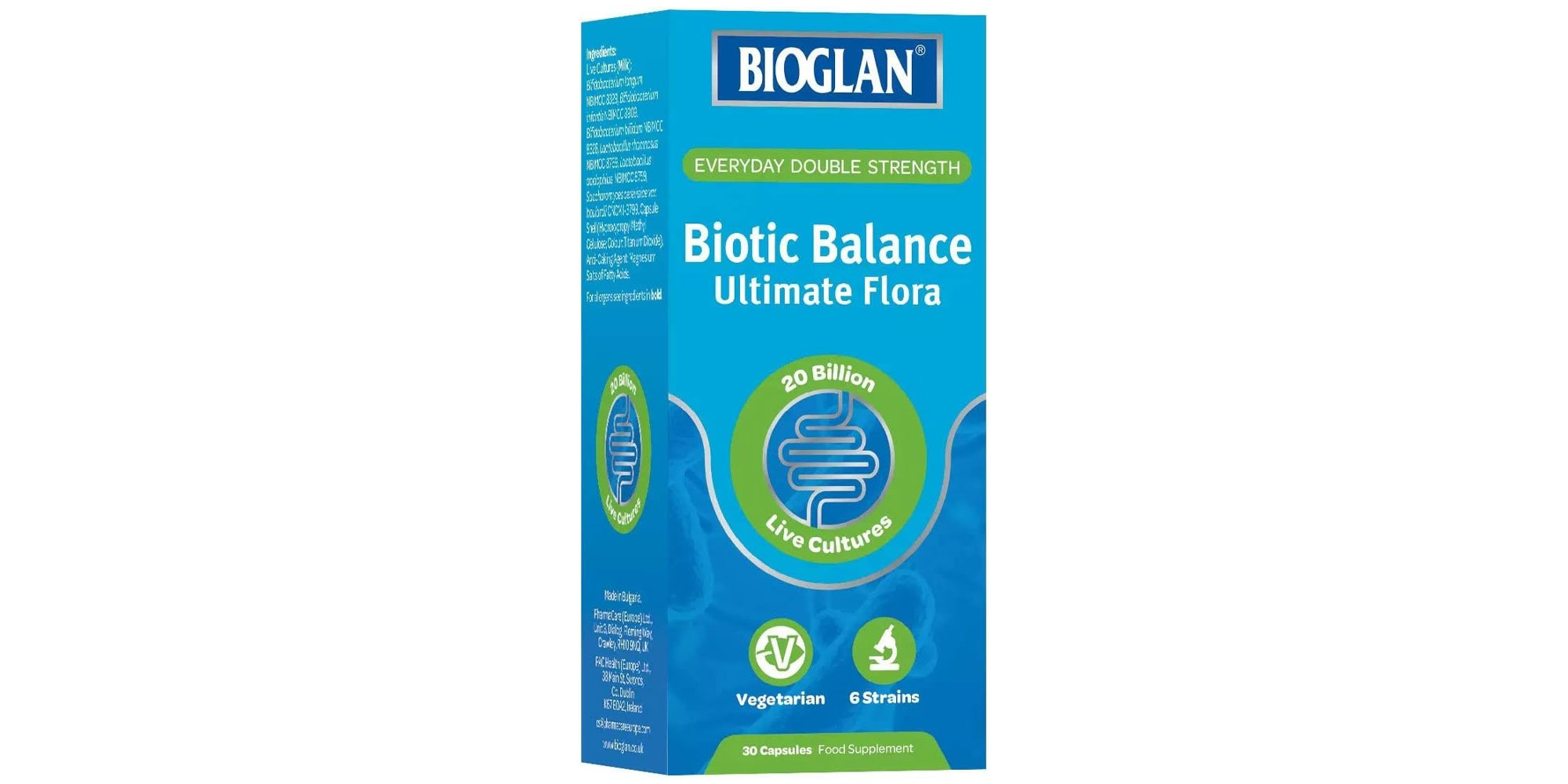
Our verdict Log in or join Which? to instantly reveal
Available from Boots (£22.65 for 30), Holland & Barrett (£24.99 for 30)
Cost per daily dose 76p
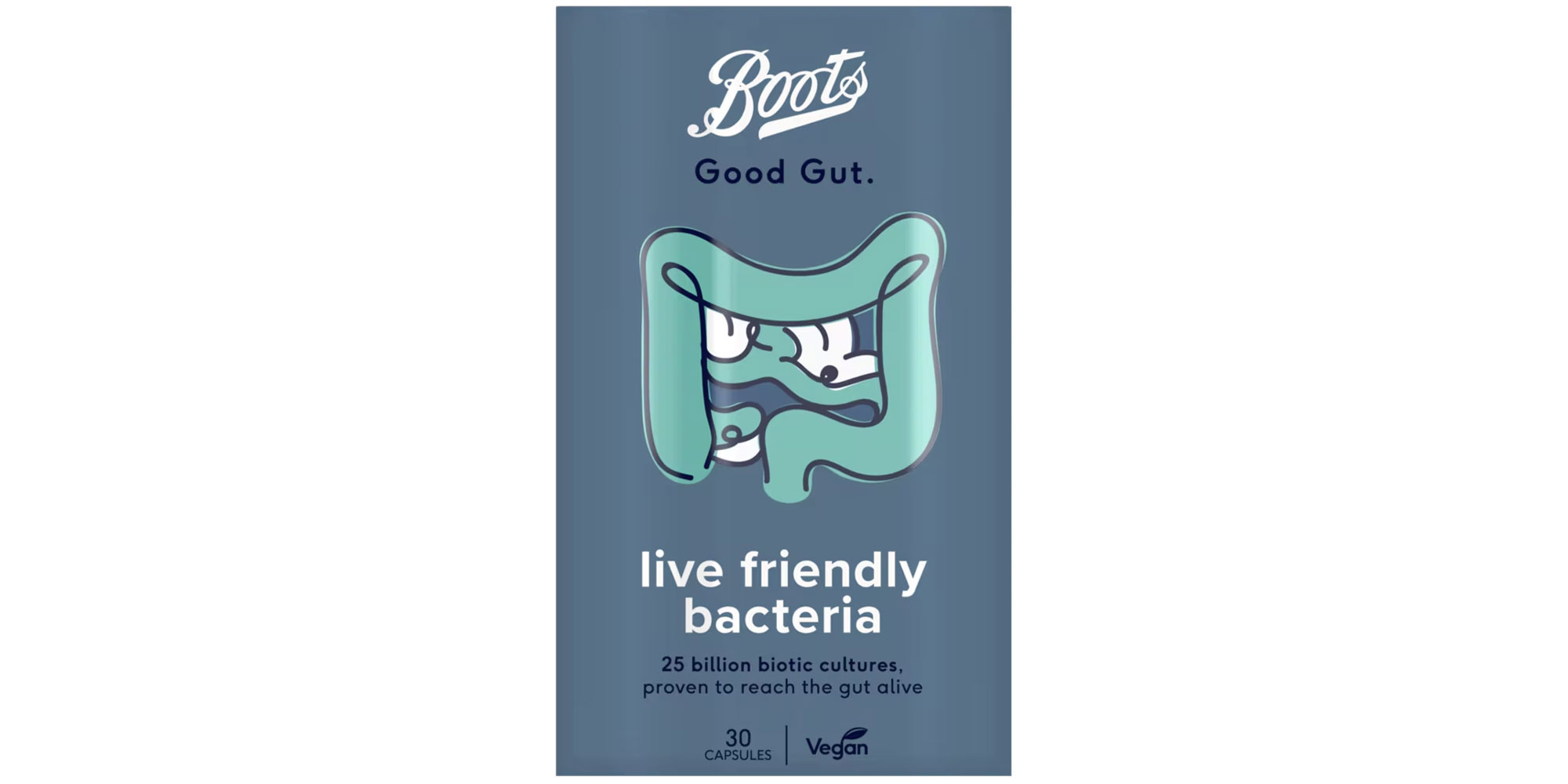
Our verdict Log in or join Which? to instantly reveal
Available from Boots (£10.75 for 30)
Cost per daily dose 72p
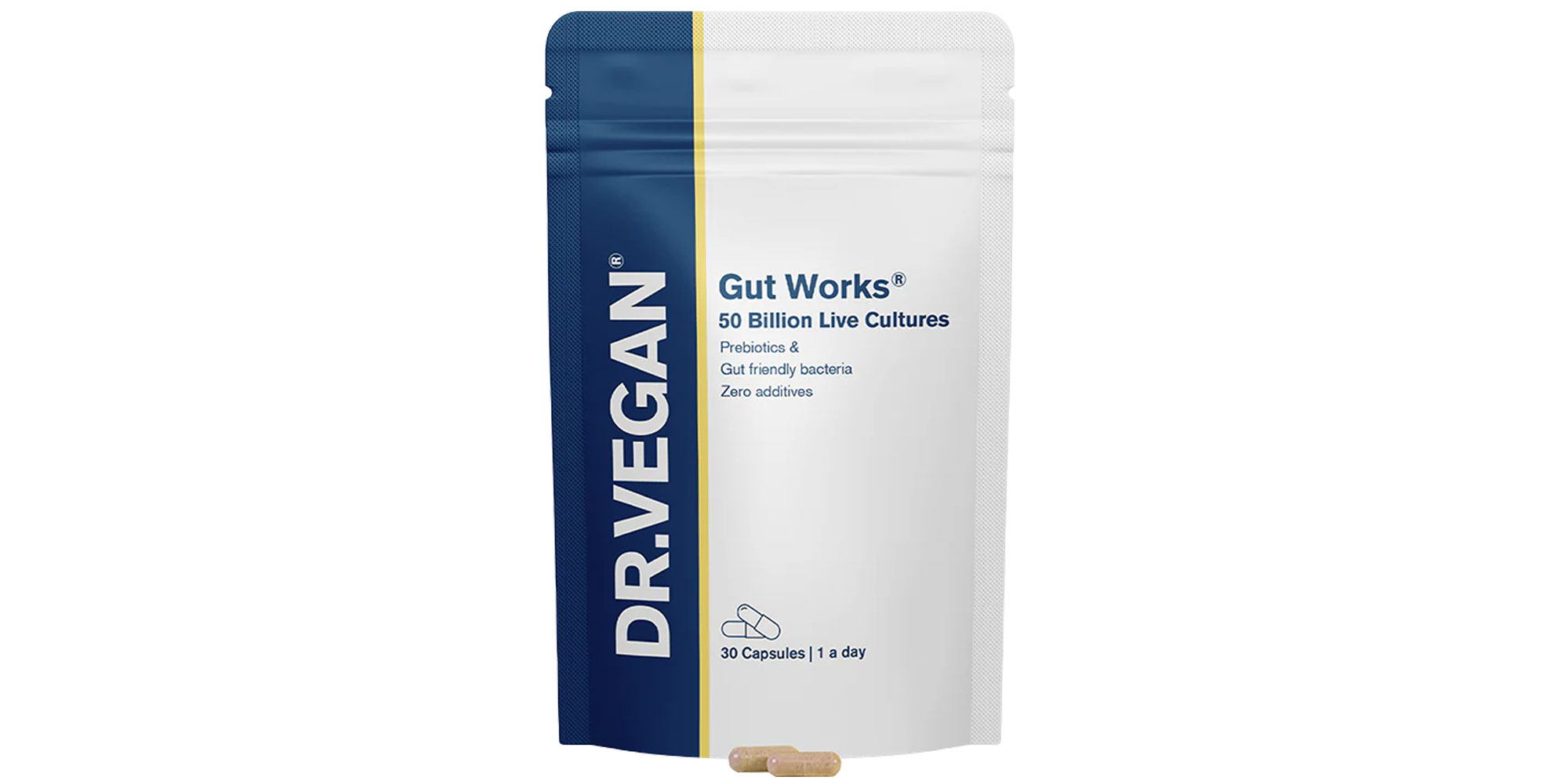
Our verdict Log in or join Which? to instantly reveal
Available from Amazon (£26.98 for 30), Dr Vegan (£28.99 for 30)
Cost per daily dose 90p
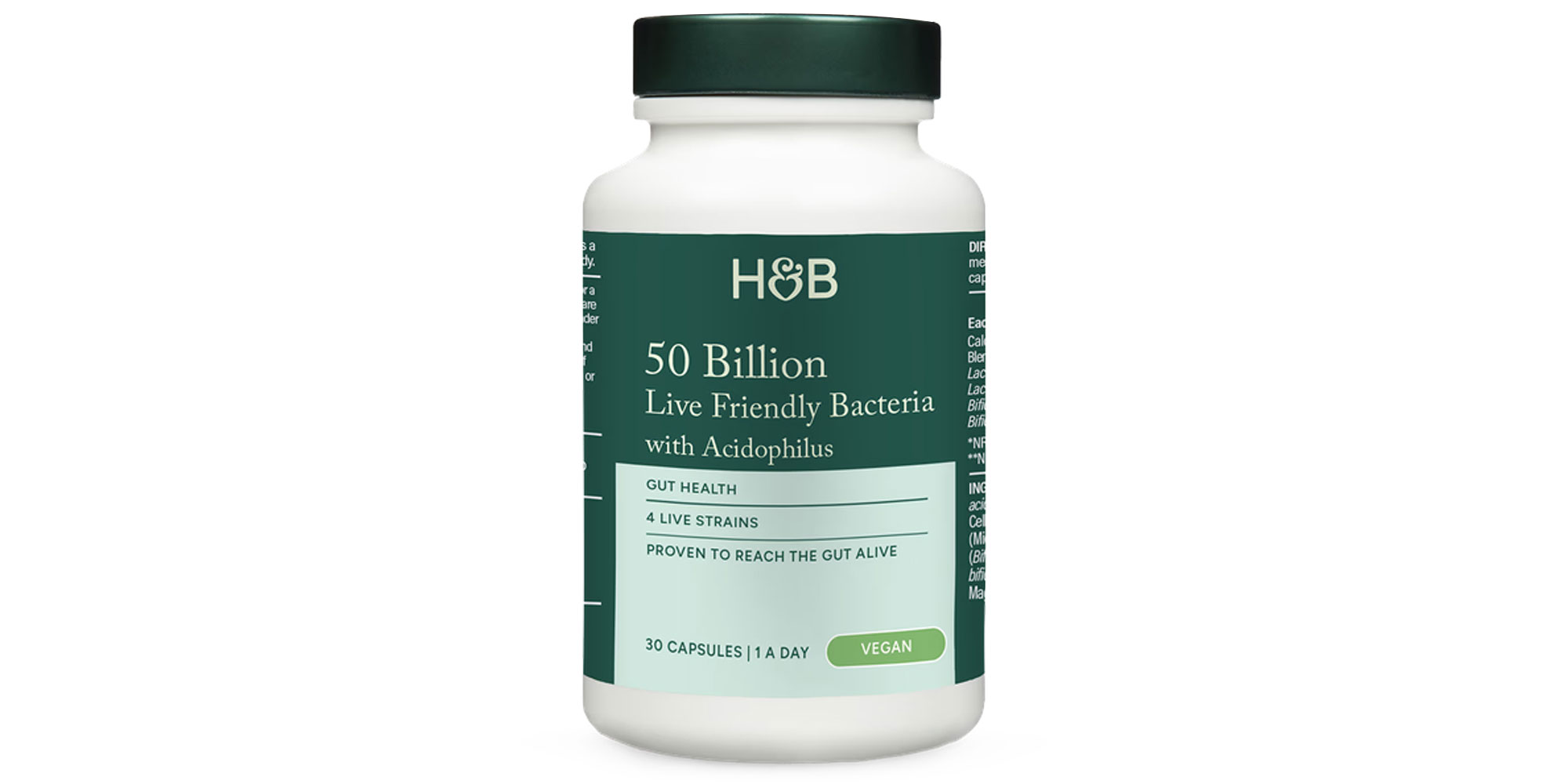
Our verdict Log in or join Which? to instantly reveal
Available from Holland & Barrett (£29.75 for 30)
Cost per daily dose 99p
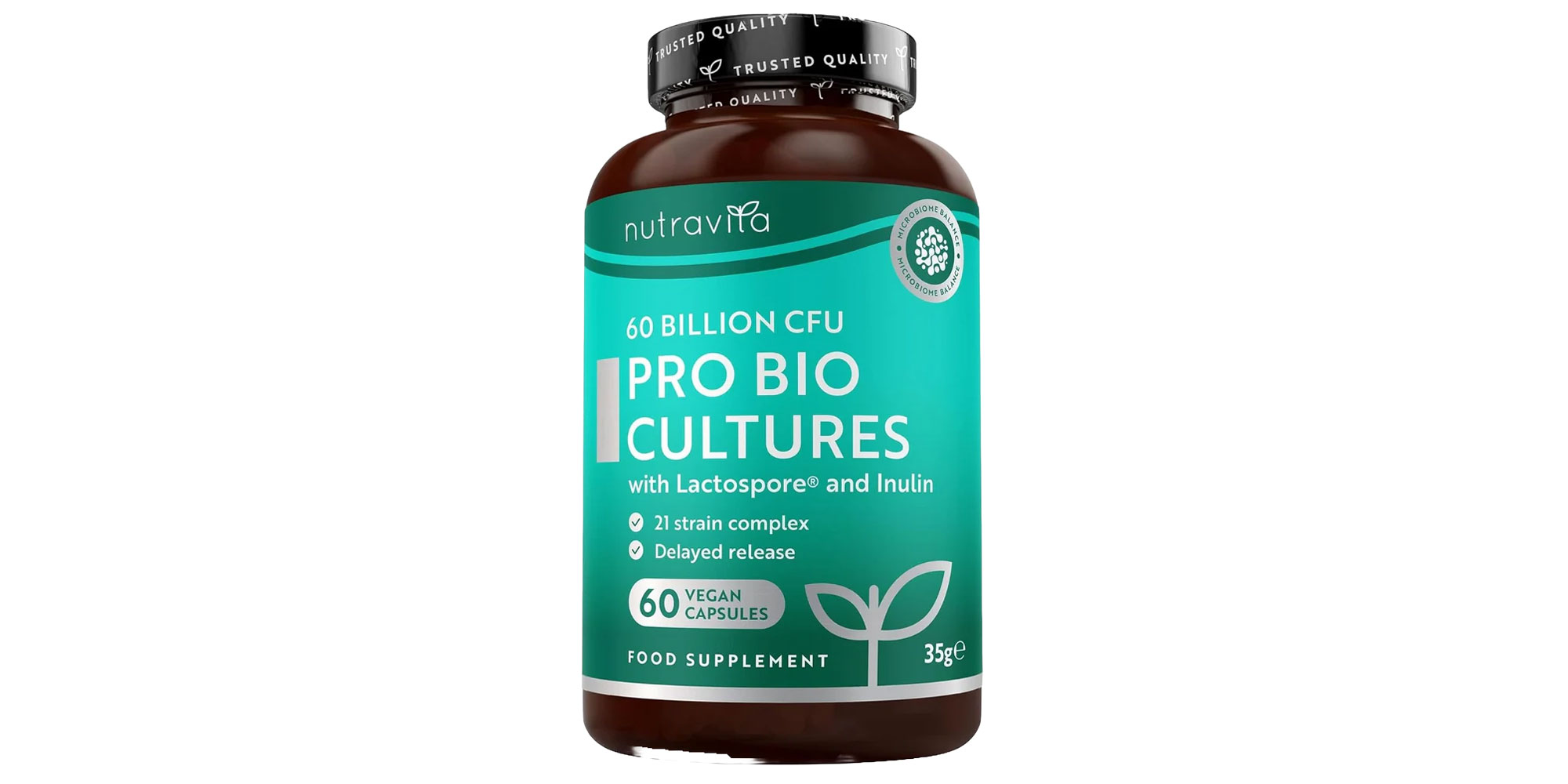
Our verdict Log in or join Which? to instantly reveal
Available from Amazon (£17.99 for 60), Nutravita (£19.99 for 60)
Cost per daily dose 67p
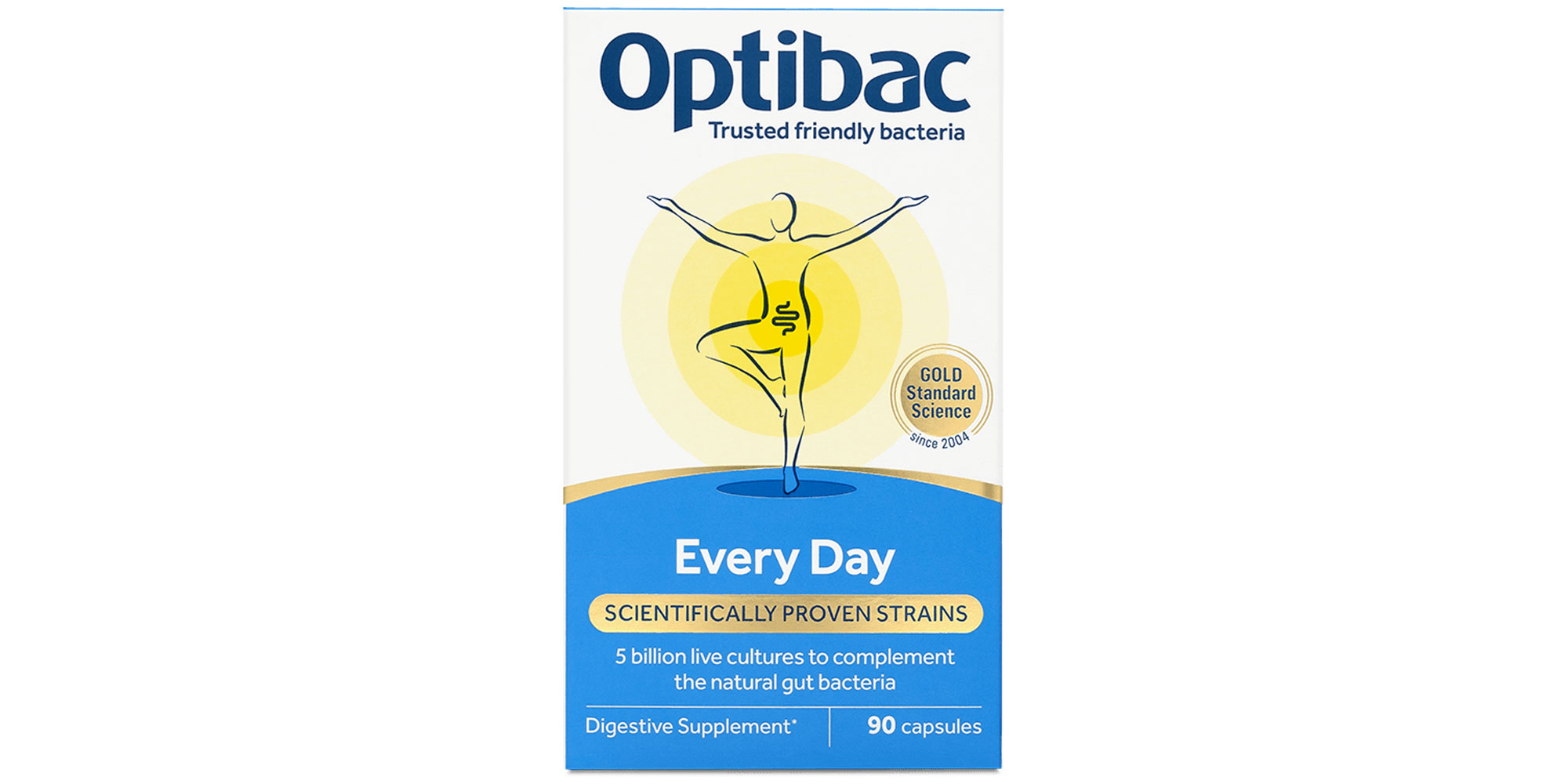
Our verdict Log in or join Which? to instantly reveal
Available from Boots (£14.99 for 30), Holland & Barrett (£14.25 for 30), Optibac (£14.99 for 30)
Cost per daily dose 50p
Read our expert reviews of the best vitamin D supplements
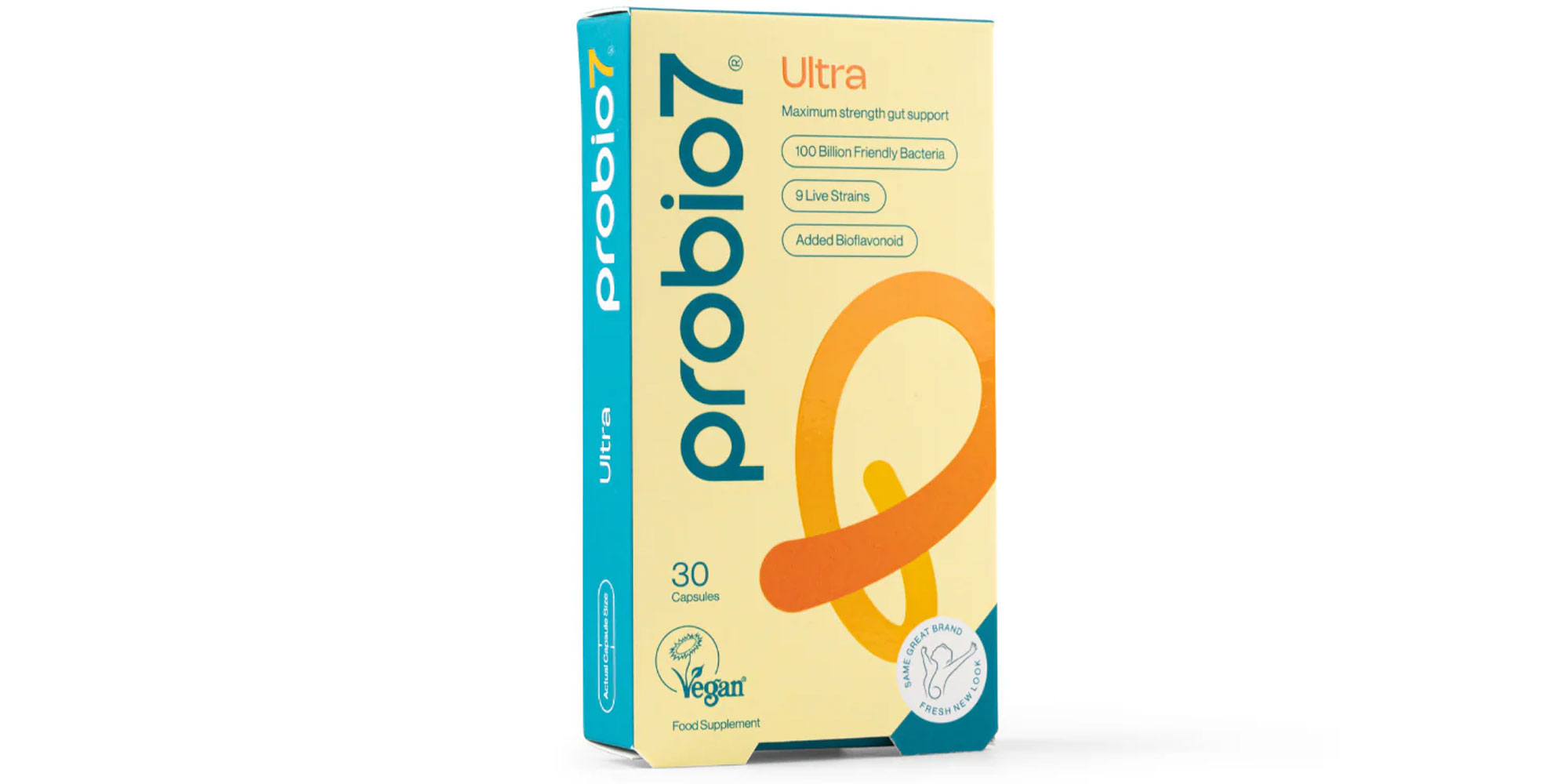
Our verdict Log in or join Which? to instantly reveal
Available from Amazon (£28.33 for 30), Holland & Barrett (£31.48 for 30), Probio7 (£48.45 for 30)
Cost per daily dose 94p
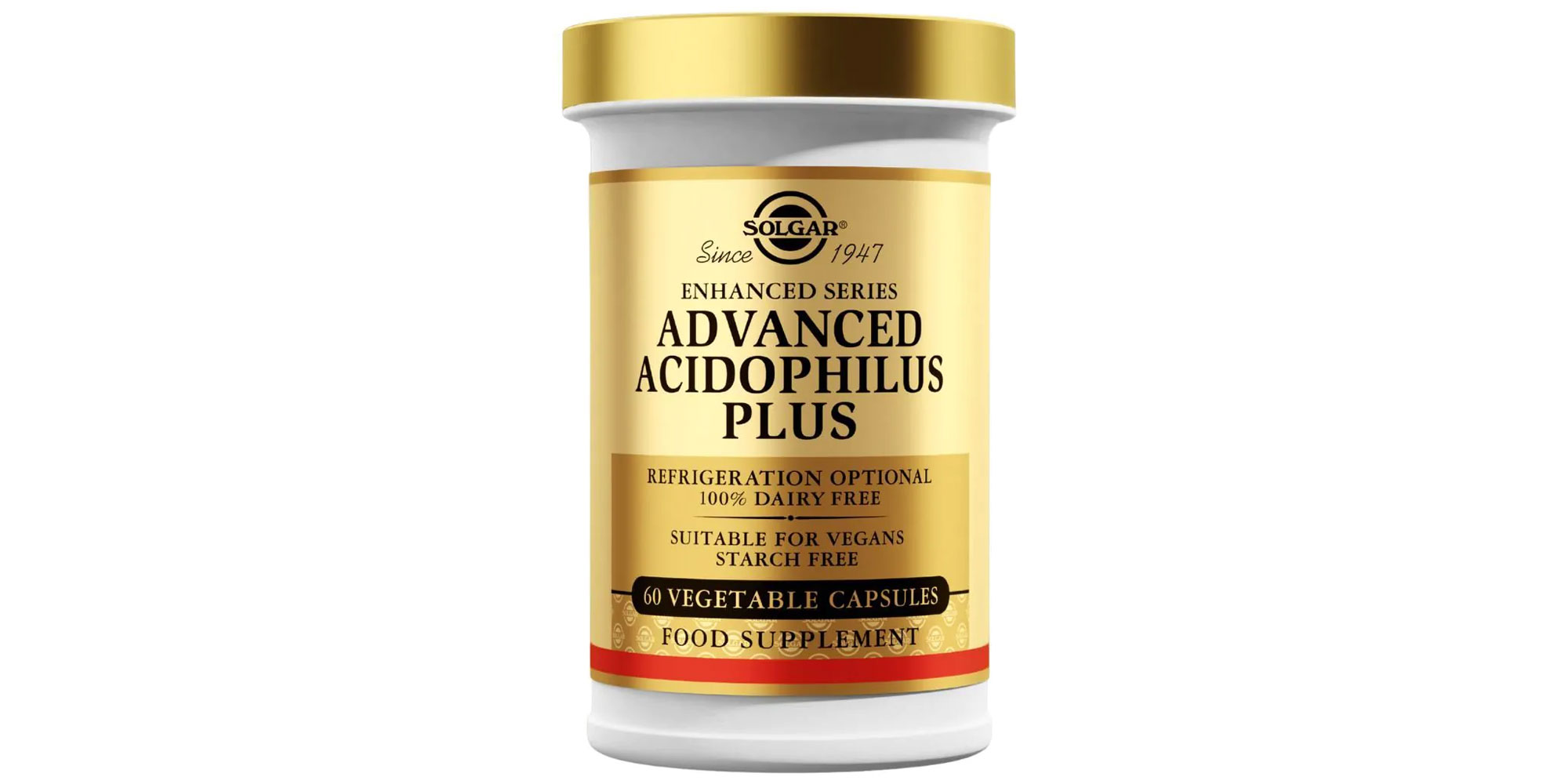
Our verdict Log in or join Which? to instantly reveal
Available from Amazon (£19 for 60), Solgar (£19 for 60)
Cost per daily dose 32-64p
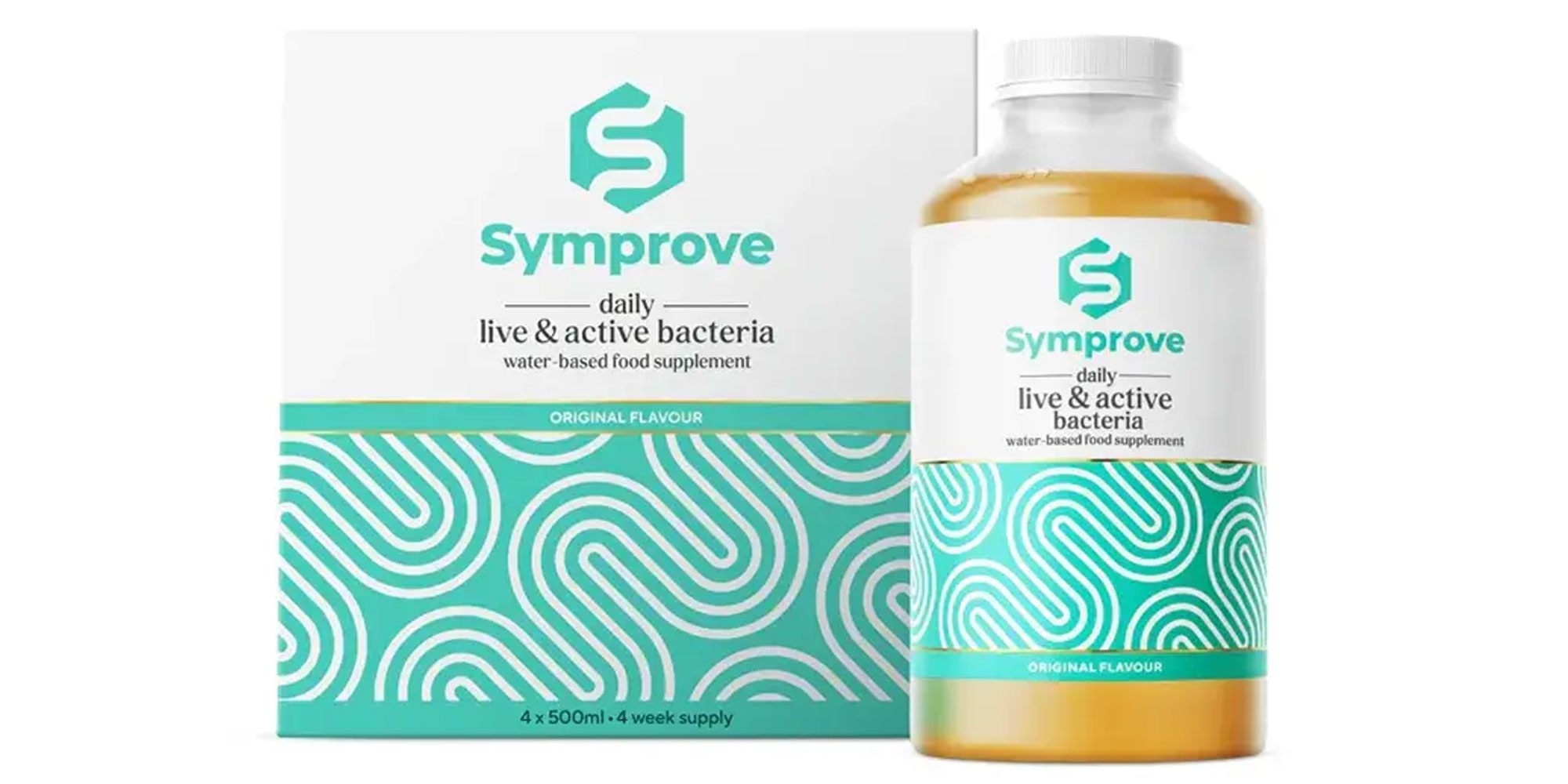
Our verdict Log in or join Which? to instantly reveal
Available from Amazon (£134.99 for 12 weeks), Boots (£79.99 for four weeks), Symprove (£149.99 for 12 weeks)
Cost per daily dose £1.79
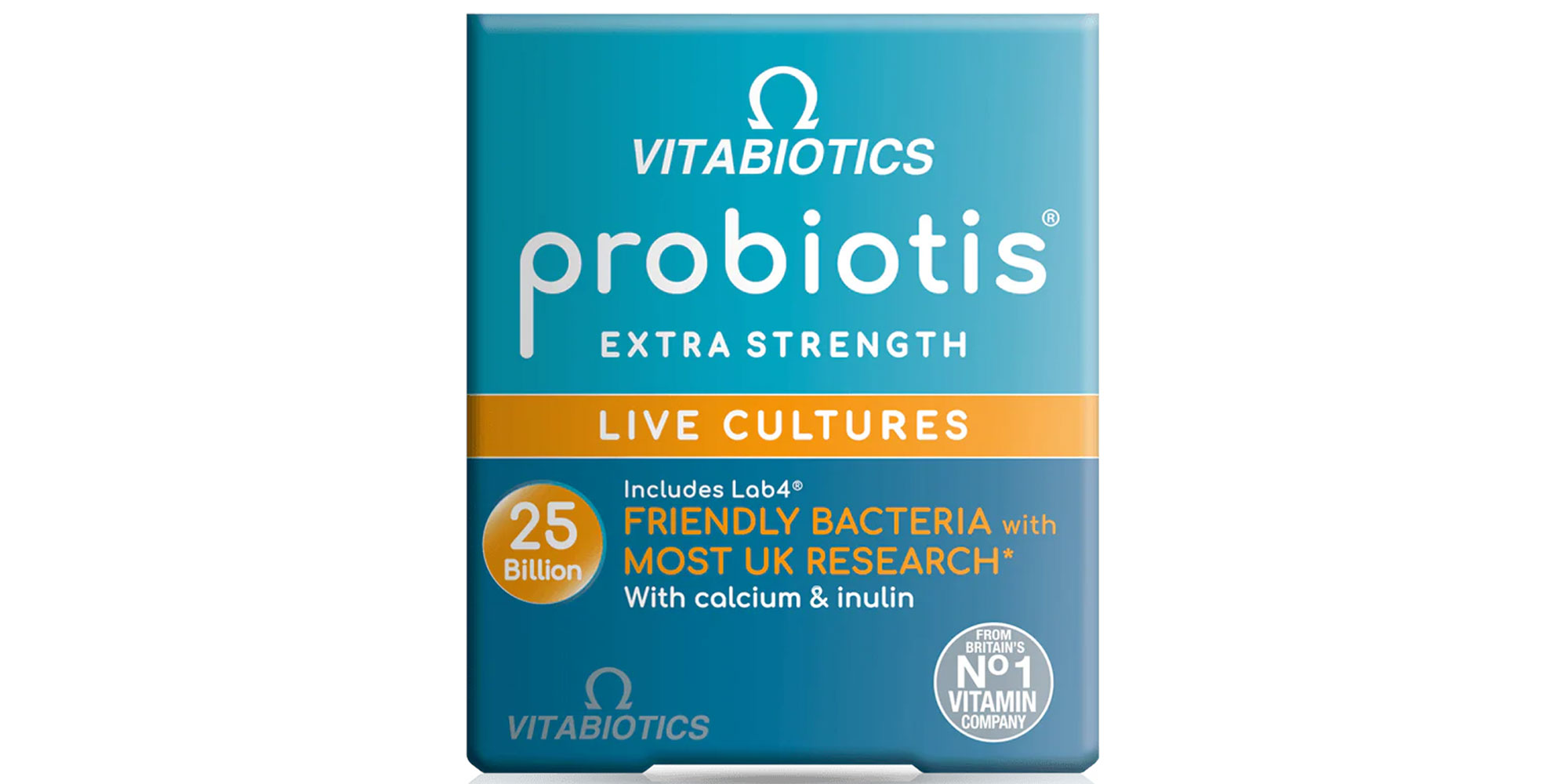
Our verdict Log in or join Which? to instantly reveal
Available from Superdrug (£26.99 for 30), Vitabiotics (£26.95 for 30)
Cost per daily dose 90p-£1.80
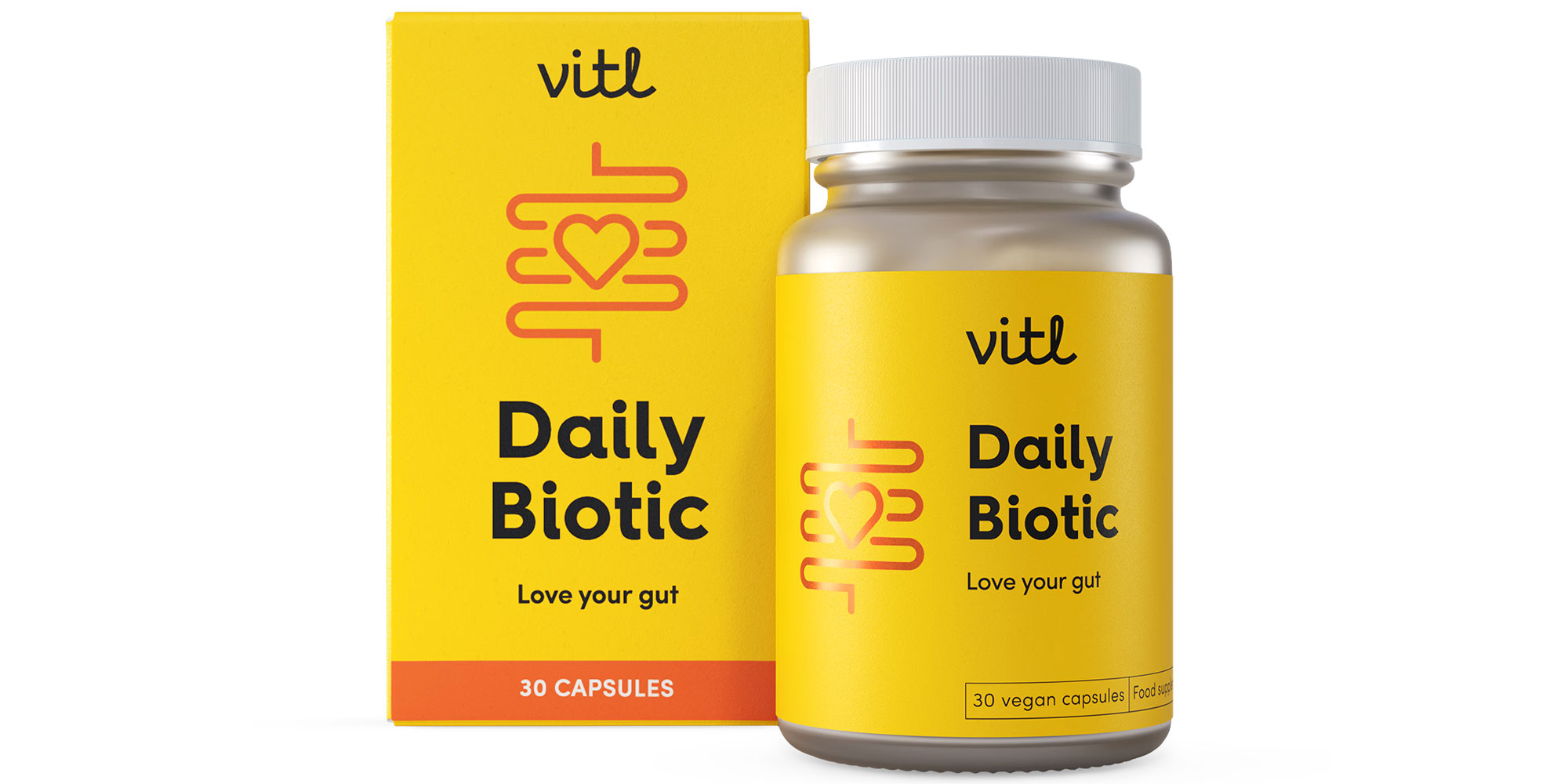
Our verdict Log in or join Which? to instantly reveal
Available from Amazon (£10.05 for 30), Holland & Barrett (£15 for 30), Vitl (£14.99 for 30)
Here are the rest of the probiotic supplements we tested, listed in alphabetical order.
Only logged-in Which? members can view our full probiotic supplement test results. Join Which? to get instant access today.
| Probiotic supplement | Price | Research on individual strains | Research on formulation | Evidence of positive outcomes |
|---|---|---|---|---|
| Higher Nature Pro-Gut | Body Kind (£12.95 for 30), Higher Nature (£12.95 for 30) | |||
| Holland & Barrett 20 Billion Live Friendly Bacteria Capsules | Holland & Barrett (£22.99 for 60) | |||
| Holland & Barrett 1 Billion Live Friendly Bacteria Capsules | Holland & Barrett (£7.99 for 60) | |||
| Holland & Barrett 3 Billion Live Friendly Bacteria Capsules | Holland & Barrett (£16.99 for 120) | |||
| Lamberts Biome Balance Everyday | Body Kind (£23.95 for 60), Lamberts (£13.50 for 30) | |||
| Lindens Pro Bio Live Max | Amazon (£8.99 for 100), Lindens (£9.99 for 100) | |||
| Natures Aid Bio 360 Pro-100 Ultra | Amazon (£44.95 for 30), Body Kind (£45.95 for 30), Natures Aid (£45.95 for 30) | |||
| New Leaf Lactobacillus Acidophilus | Holland & Barrett (£11.95 for 120), New Leaf (£11.95 for 120) | |||
| New Leaf Multi Strain | Holland & Barrett (£11.95 for 120), New Leaf (£11.95 for 120), Superdrug (£11.95 for 120) | |||
| Optibac Every Day Extra | Boots (£27.99 for 30), Holland & Barrett (£27.99 for 30), Optibac (£27.99 for 30) | |||
| Vitabiotics Probiotis Live Cultures | Amazon (£16.94 for 30), Superdrug (£16.95 for 30), Vitabiotics (£16.95 for 30) | |||
| Weightworld Bio Cultures Complex | Amazon (£19.99 for 60), Weightworld (£19.99 for 60) |
Date tested: October 2025. Page last checked: October 2025. We are not able to show every retailer and cheaper prices may be available.
We've reviewed a range of popular probiotic supplements, including big brands and own-brand options. We've focused on general-purpose products without added extras (some products contain other vitamins or minerals in addition to bacterial strains).
Our in-house nutritionist and principal food and health research expert, Shefalee Loth, along with registered gut-health dietitian Sophie Medlin, analysed the products and reviewed the research available for each, both as individual strains and as a combined product.
There's a lot to consider here, and it's not something you can easily figure out when comparing products on the shelf. For example:
The nature of our analysis meant we didn't assign scores to products (many criteria were essentially pass/fail rather than on a measurable scale). To qualify as a Best Buy, supplements had to have good-quality human trials that showed positive outcomes on the final product as sold to consumers. We've also highlighted some products that are worth a look as they have promising evidence in some areas, even if they don't quite measure up to the Best Buys.
Why you can trust us: at Which? we're free from manufacturer and retailer influence. Find out more about our impartiality and how your support helps us to stay editorially independent
Probiotics are live microorganisms with evidence of health benefits – they're often referred to as 'live', 'good' or 'friendly' bacteria. Note that the UK and EU consider the term 'probiotic’ to be a health claim. There are currently no approved health claims for probiotics, so products containing them can't actually use this label on their packaging.
This is partly because the sheer variation involved, how the bacteria work together and the different responses of people's unique microbiomes makes it very difficult to establish clear evidence of benefits. We have used the word probiotic broadly, as it's still what people understand this type of product to be, but you shouldn't be seeing it on-pack.
You have millions of probiotic bacteria in your gut, and they play a vital role in keeping your digestive system working and keeping you healthy. This collection is called your microbiome.
Your microbiome is affected by many factors, including age, genetics, diet, illness, medications, lifestyle and environment.
And while supplements can have benefits, not everyone needs them, especially if you're healthy with no symptoms.
If you do have symptoms such as IBS (irritable bowel syndrome), feeling run down and more prone to getting ill than others, or are taking antibiotics, then you may benefit from a probiotic supplement. However, you should always get any new or concerning symptoms checked out by a health professional first.

This is where it gets complicated, as there's no 'one size fits all' approach. Probiotic supplements can work, but there are lots of variables and things to consider.
Different strains have different benefits, and some strains will work on some people but not on others, as it depends on the bacteria you already have in your gut.
The research into probiotics is still relatively new compared to other supplements, such as vitamins and minerals.
Existing evidence shows that probiotic supplements can help with IBS symptoms and antibiotic-associated diarrhoea. You'll also see some marketed for skin, vaginal health and more.
It’s important to match the product or bacterial strain to your specific symptoms.
The main strains of beneficial bacteria found in probiotic supplements are Lactobacillus and Bifidobacterium. But there are many variants of these, and the benefits are usually strain-specific. Some products list the exact strain on the label (eg CUL60 or LR22 at the end of the bacteria name), whereas others don't. Without this code, it's hard to say what the benefit will be, and we've regarded it as a generic strain in our analysis.
Lactobacillus strains include L.acidophilus, L.rhamnosus and L.casei, which are also found in fermented foods such as yoghurt and kefir. These have been linked to digestive health, reducing diarrhoea and managing IBS symptoms.
Bifidobacterium strains include B.bifidum, B.breve and B.lactis and have been linked to improving symptoms of IBS, reducing the risk of eczema in children and aiding digestive health.
Probiotics and gut health – more advice on keeping your gut healthy, including the mistakes to avoid
The main challenge with taking live bacteria supplements is ensuring they reach your gut alive. As such, it's important to follow the instructions on the pack and take them consistently for the best chance of positive results.
Some products recommend taking on an empty stomach; others advise taking with food. It depends on the formulation: Symprove, a liquid probiotic, recommends taking it first thing in the morning on an empty stomach, then waiting at least 10 minutes before eating or drinking anything.
Other probiotics advise taking with food. This is because there's some evidence that the food (fat especially) can protect the probiotics from stomach acid and increase their chances of reaching the bowel.
If you're taking probiotics to negate the effects of antibiotics, DO NOT take them at the same time. Leave a few hours in between.

Probiotics are generally considered safe for most people.
However, if you have a complicated medical history, check with your GP or pharmacist before starting probiotics (or any other over-the-counter meds); the same goes if you have digestive issues, especially if you are on acid suppressants such as PPIs. Watch out for products with added fibre, as this can have unwanted effects too.
Certain groups should be especially careful. This includes people who've recently had major surgery and those who have compromised immune systems, such as patients undergoing cancer treatment, people taking immunosuppressants, and those with Aids.
The risk of probiotics to these groups is theoretical but should be considered.

The easiest way to get probiotics into your diet is by adding live yoghurt, and fermented foods such as kefir, kimchi and kombucha.
Dairy products naturally contain live bacteria, but most of these are killed during pasteurisation. If you're buying yoghurt for probiotics, look for one that says it contains live bacteria.
There has been a lot of hype around fermented foods in recent years. Compared to probiotic supplements, it's even harder to prove these products work as the bacteria can vary between different batches.
Still, for most people, there's no harm in introducing these foods and drinks to their diet to see if it makes a positive difference.
As well as probiotics, it's important to include foods rich in prebiotics in your diet. Prebiotics are types of fibre that feed the probiotics in your gut.
You don't need prebiotic supplements as they're widely available in food. Good sources include garlic, onions, leeks, apples, bananas, berries, wholegrains (oats, rye and barley), beans and peas.
Best kefir drinks – find out which brands topped our blind taste test
Shefalee Loth, Which? principal researcher and nutritionist

Shefalee is a public health nutritionist with 20 years' experience, and has worked for the NHS, The London School of Hygiene & Tropical Medicine and World Cancer Research Fund.
At Which?, Shefalee is a principal researcher, researching and writing food and nutrition content for our magazine and website and is a media spokesperson. She is also the research lead for our health and wellbeing reviews. She is a trustee at Sustain, the food and farming alliance.
Shefalee focuses on cutting through the hype to explain what you need to know about nutrition and healthy eating. From 'How bad is ultra-processed food?' to the 'Top gut health myths you need to know about' and 'What really works to cut cholesterol', she gives no-nonsense advice to help you make healthier choices and save money.
Sophie Medlin, consultant dietitian and founder of CityDietitians

Sophie Medlin is a well-recognised consultant dietitian with nearly 20 years' experience working across the NHS and academia and within her own private practice at CityDietitians.
Sophie is chair of the British Dietetic Association for London.
With her in-depth knowledge of nutrition – both theoretical and applied – Sophie has helped formulate supplements, giving her insight into the strengths and weaknesses of products and the manufacturing process.

Use our expert advice and recommendations to live your best life every day.
Get started